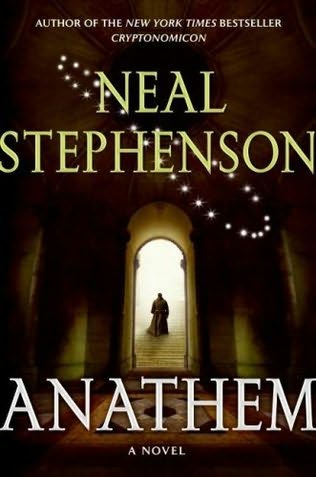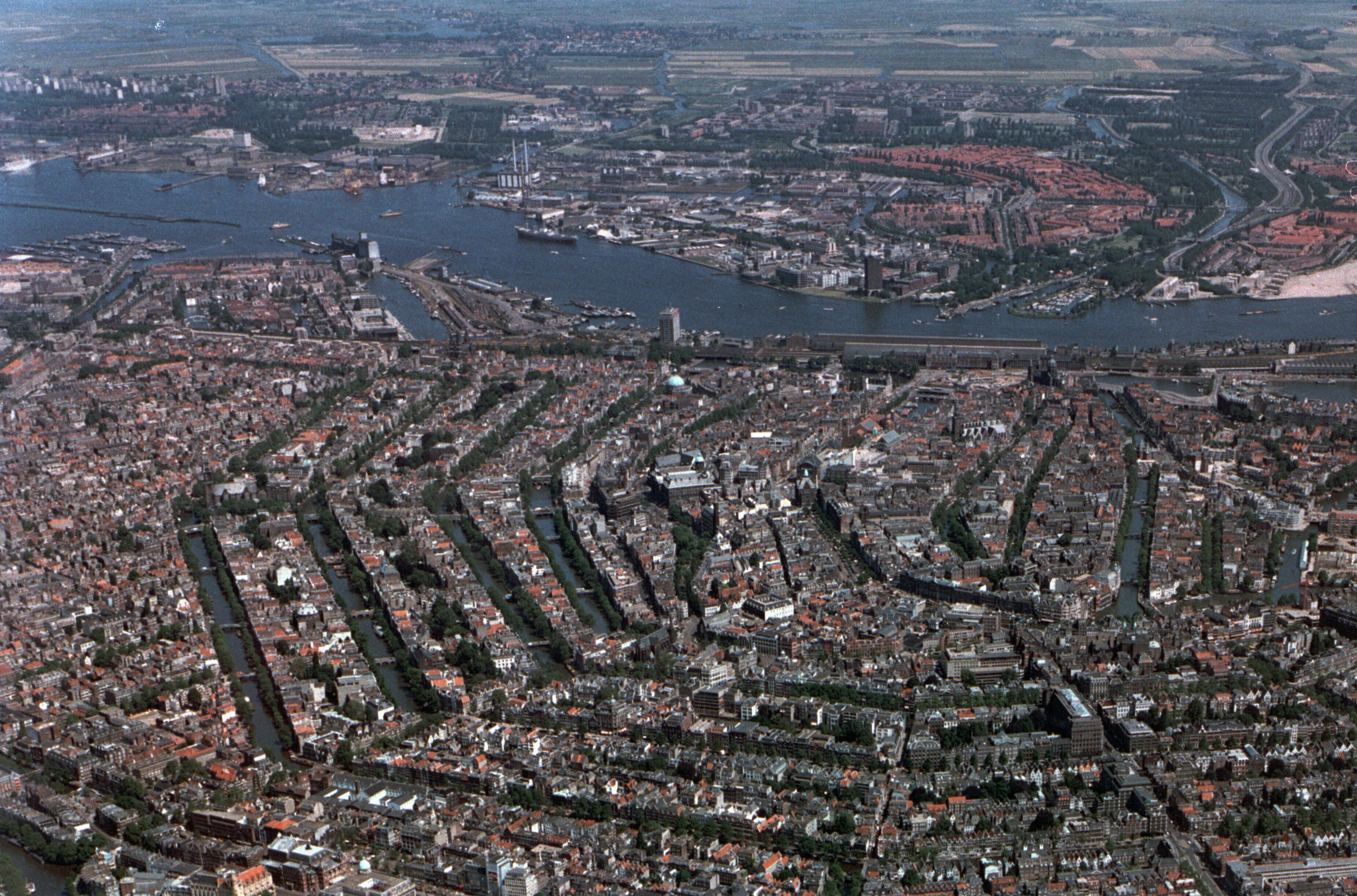
...asks an unnamed Time reviewer on the back of Neal Stephenson's Anathem. The reviewer continues:
Please."It has morphed into science fiction, and Stephenson is its foremost practitioner."
Count on Time to miss, for decades, the fact that science fiction has been the literature of ideas for more than a century, and then suddenly discover it and proclaim it to the nations. (And yes, there have been great novels written in the genre, and a great many with interesting ideas but less literary merit.)
But said reviewer is right about Stephenson. The man is amazing. He latches onto interesting scientific ideas and historical phenomena, absorbs vast amounts relevant information, transforms it into exciting literary conflicts and characterizations, and spits out 1000 page books of great merit. On a routine basis. Hugo Gernsback, the early 20th century pulp magazine editor who tirelessly beat the drum for science fiction as the only suitable literature for the modern age, might not have been thinking of Stephenson, but in some ways Stephenson is a perfect science fiction writer, if you are willing to take on the challenge of wrestling with real ideas and how people deal with them. Stephenson's people are real enough to keep you engaged, and the ideas are cosmic.
A friend on Facebook was lamenting that there isn't much of a market for "stimulating religious and philosophical cliff-hangers." I was pleased to be able to tell her that she was wrong. You could hardly come up with a better description of Anathem; and since my correspondent has picked up the book just by coincidence, she is in for a treat. Alien monks, cloistered so that they can safely pursue the philosophical nature of the universe without blowing up their planet; then called forth to prevent somebody else (a group that includes us!) from blowing up the planet; with all the action framed by and motivated by millennia of debates about the nature of reality. And they are real debates that have actually taken place in our real intellectual history, which continue today as philosophers and scientists play for the highest stakes. There is nothing fake about this story. You can see our present and our past on practically every page.
I have to admit a certain jealousy of Neal Stephenson, based on a series of novels he has written about 17th century Europe. Having taught that era more than a few times, I reflect on the contrast between studying up on a fascinating time in history and creating fascinating novels about it, and studying up and producing a year-long course for undergraduates. Well, we all do what we can. And I'm glad that Neal Stephenson can do what he can do, and that he can get his stuff, eccentric as it is, published and appreciated by reviewers. That way, I get to read it.
Update: If you know the book, go see this. Or even if you don't.
